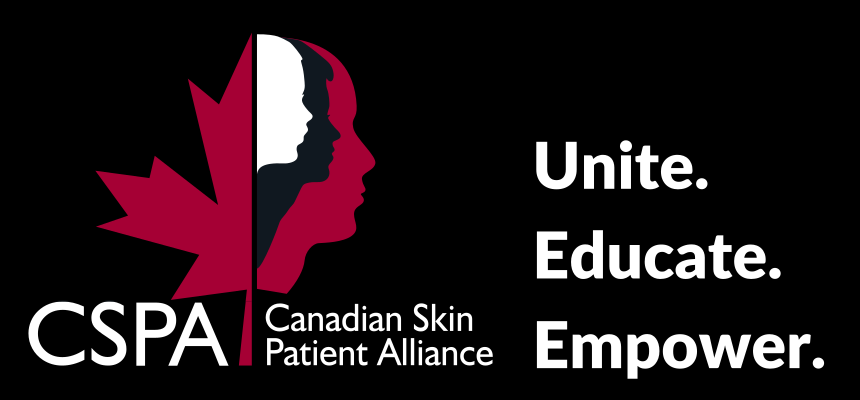Resources
If you are living with a wound or know someone who is, you may want to stay up-to-date on the condition as well as current treatments and news.
If you are living with a wound or know someone who is, you may want to stay up-to-date on the condition as well as current treatments and news.
People living with chronic wounds typically have other medical conditions that affect their everyday life. Congestive heart failure and diabetes are just two examples, as are any diseases that may keep them bedridden or wheelchair-bound. People with ulcers and chronic wounds can face many challenges, including:
For these reasons, a chronic wound or ulcer can be psychologically stressful for a person as well as for their families, friends and caregivers. For the person with the condition, they may have thoughts and feelings about:
In spite of these challenges, many people do adjust to living with a chronic wound. Those people who do best tend to do one or all of the following:
If you have a chronic wound or are at risk for a chronic wound, you can help yourself by doing the following:
Venous leg ulcer:
Diabetic foot ulcer:
Pressure ulcer:
All types:
People with chronic wounds or leg ulcers can find additional support online. The Canadian Association of Wound Care has information and resources that can help.
If you suspect you have a chronic wound or a developing ulcer, seek medical care immediately, particularly if you have any of the following conditions:
In addition, a slow-healing wound may indicate an infection or other significant problem that is affecting the whole body.
Treatment for chronic wounds take time. The goals of treatment are usually to:
Your doctor will prescribe the course of therapy that is best for your type of wound.
Other steps you can take to promote healing include:
*All information on medical treatments on this site is provided as an overview only. For a complete and up-to-date list of side effects, warnings and precautions, read the product’s package insert and consult your doctor or a pharmacist.
**If you are considering an alternative or complementary therapy, discuss it with your doctor first, and always be sure to keep your doctor up to date about any vitamins, supplements, or other forms of alternative treatment you are taking. Like any medication, alternative therapies can interact with other medications/treatments and, in some cases, have side effects of their own. Remember that “natural” does not necessarily mean “safe.”
The information in this section has been gathered from existing peer-reviewed and other literature and has been reviewed by expert dermatologists on the CSPA Medical Advisory Board.
Chronic wounds/ulcers are open areas of the skin that do not heal despite weeks of careful treatment. And even when these wounds are successfully treated, they tend to recur.
Acute wounds typically heal in one to three weeks in a dynamic process that restores the integrity and function of the skin and the underlying tissue. If a wound does not heal in four to 12 weeks, it is considered chronic. With any wound, natural healing occurs in clearly defined stages, but chronic wounds get stuck at one of the stages and cannot get past it.
Causes
Chronic wounds and ulcers are caused by poor circulation, either through cardiovascular issues or external pressure from a bed or wheelchair. People affected by chronic wounds are typically sedentary, often bedridden, wheelchair-bound and/or have diabetes. Good circulation requires regular bodily movement such as going for a walk. Chronic wound types include:
A chronic wound is a wound that does not progress toward closure in a timely manner. The typical signs of a chronic wound include:
Charitable Number: 80425 7814 RR 0001
